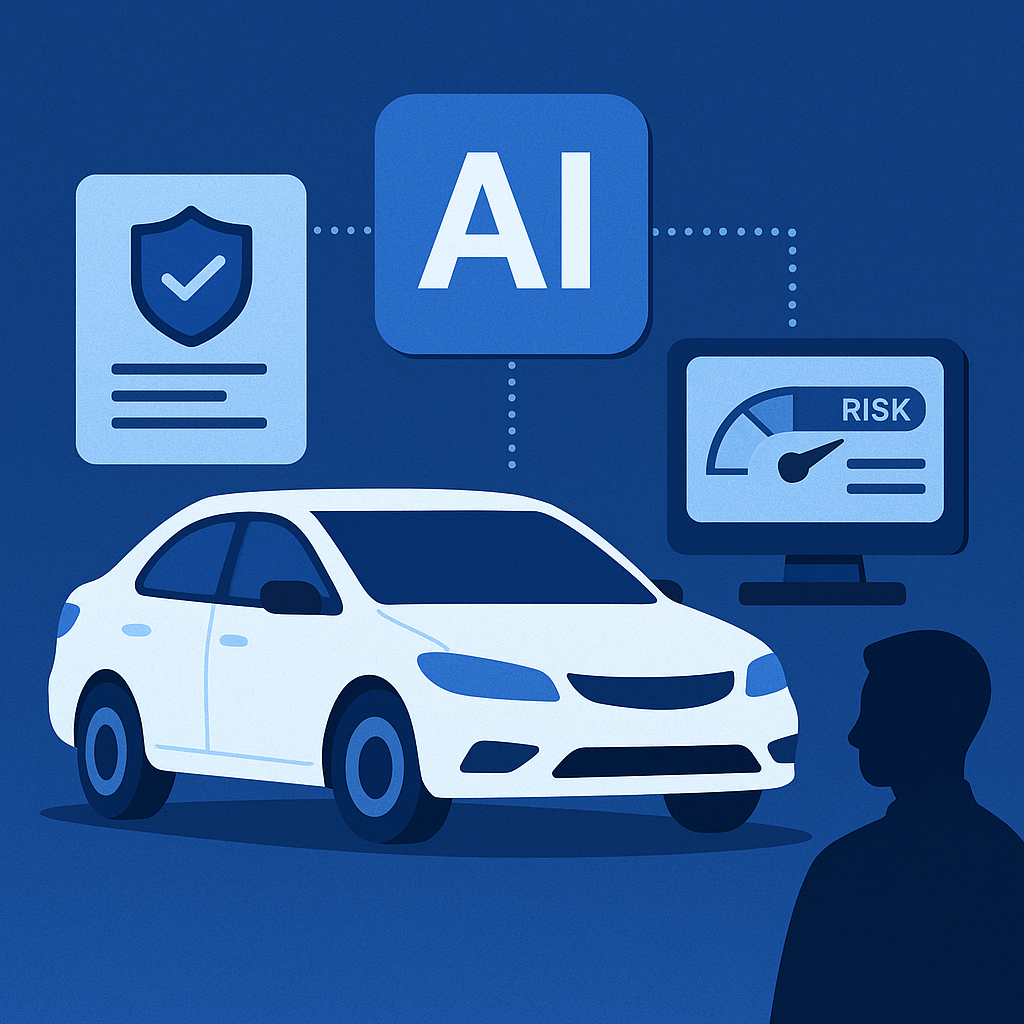Are You Covered? The Second Wave is Here
You don't have to search far to know what the new wave is and yes, it is the second wave.
When COVID-19 happened upon us in 2020, we expected 2021 to be the year of the 'smooth cruise' but it is already screaming 'I am the bigger side of 2020'.
Looking at the numbers around the world according to WHO is put at 103 201 340 with 3,515,047 in Africa according to the Africa CDC website, confirmed cases as at the time of writing. This increase is as a result of the new strains - started in the UK and now many countries have theirs, including Nigeria.
According to speculations, these new strains could be spreading at a 70% rate when compared to the previous one and more strenuous.
What is the second wave?
Second waves are a phenomenon of disease outbreaks where the number of people infected by the virus may appear to decrease and then increase again later in the same population or a different one.
Will there be more new variants of the coronavirus?
Yes. As long as the coronavirus spreads through humans, mutations are likely to continue happening. It was noted that in 2020, several mutations caught researchers’ attention and raised concern, but further study revealed no major changes in how the coronavirus behaves. (Source: John Hopkins)
The threat and concern of a second wave are quite serious and could cost people their lives and economic well-being. The thing is "If we undergo large-scale second waves, a lot of people might lose their jobs". "A lot of people don't seem to be making those connections."
So, what can you do? For starters, you should practice social distancing by staying away from people, practice hand hygiene by washing your hands often and perhaps most important is wearing a mask when you go out in public, even indoors.
Join Thousands of African Health Providers to start automating your claims
What can be done now to prevent it?
Regardless, there will be risks and we can’t help but need to keep reminding of the following:
1. Keep listening to national advice and guidance
Advice from the Ministry of Health and the WHO will give you the latest information about COVID-19, including what the symptoms are, what to do if you think you have it and how to reduce your chances of getting it.
2. Do not be complacent about hand hygiene
We might be tired of hearing it, but the fact remains: Touching surfaces, then your face, is likely to get you sick, and handwashing (or using hand sanitiser) is key to reducing the spread of the virus. Scientists have found that the coronavirus could stay up to four hours on copper, up to 24 hours on cardboard, and up to two to three days on plastic and stainless steel.
3. Do not get complacent about physical distancing
While it is important to support local businesses struggling to get on their feet after the lockdowns, it is also important to make smart choices to limit person-to-person contact, which is the way the virus spreads.
Also Read: Why you should have health insurance and what to look out for
4. Avoid throwing big parties
After staying in touch with your family and friends virtually through Zoom, FaceTime, Skype, Google Hangouts or WhatsApp, it’s only natural that you can’t wait to meet them physically with the easing of lockdowns. But to be safe you can defer, for the moment, hosting big reunion parties with family or friends. This will lower their chances of getting infected and passing the virus on to their loved ones, especially if they are elderly and in the high-risk category.
5. Wear a mask when using public transport
Use face masks if you have to use public transport because social distancing would be difficult. This follows the latest guidance from the WHO, which advises that face masks should be worn either for protection of healthy persons (worn to protect oneself when in contact with an infected individual) or for source control (worn by an infected individual to prevent onward transmission).
Join Top African Insurers to Speed Up Your Claims Processing and Reduce Wasted and Frauds
The BIG QUESTION; 'do you have a health Insurance cover?'
Subsribe to our newsletter to receive weekly content










.png)















.svg)







